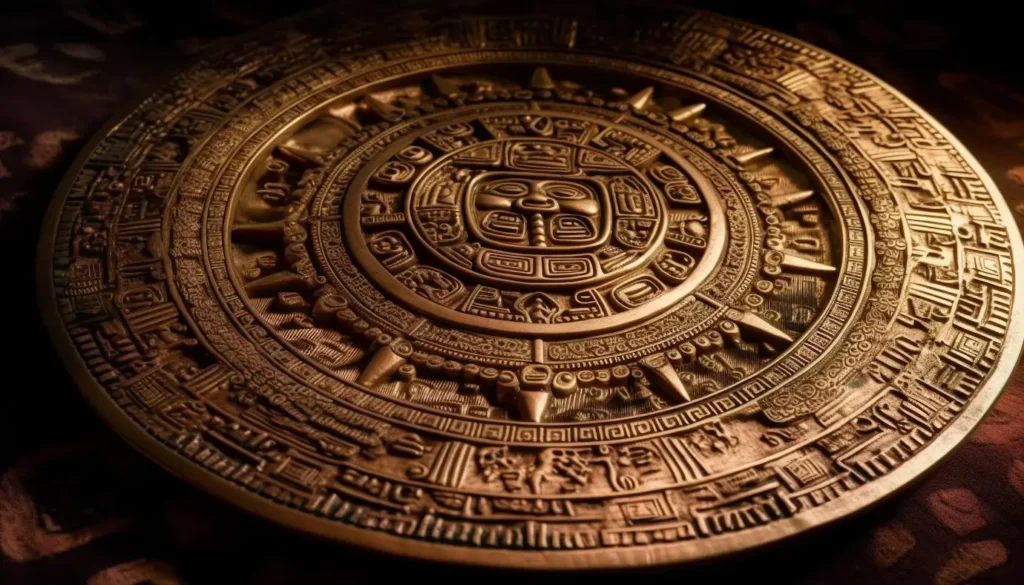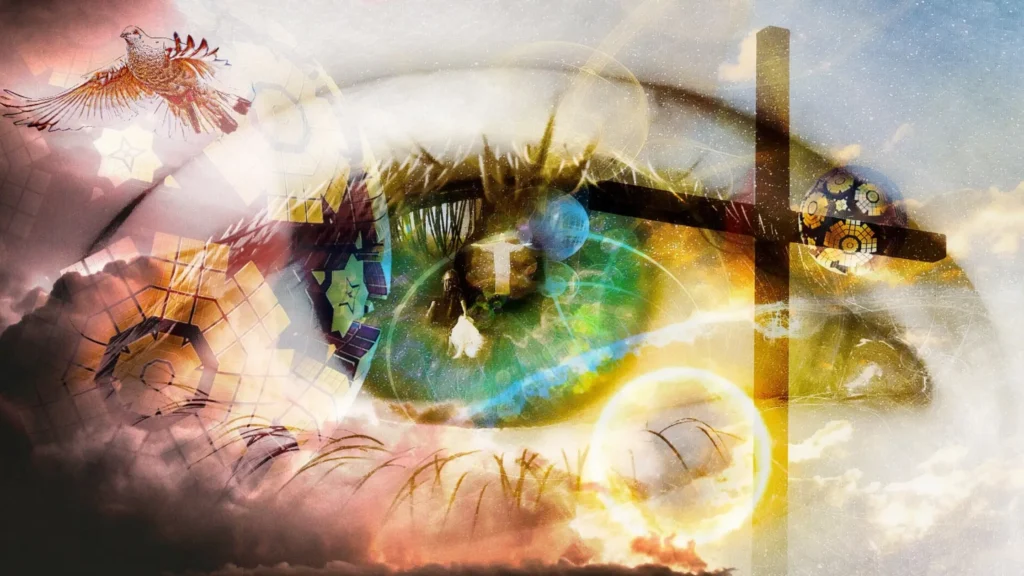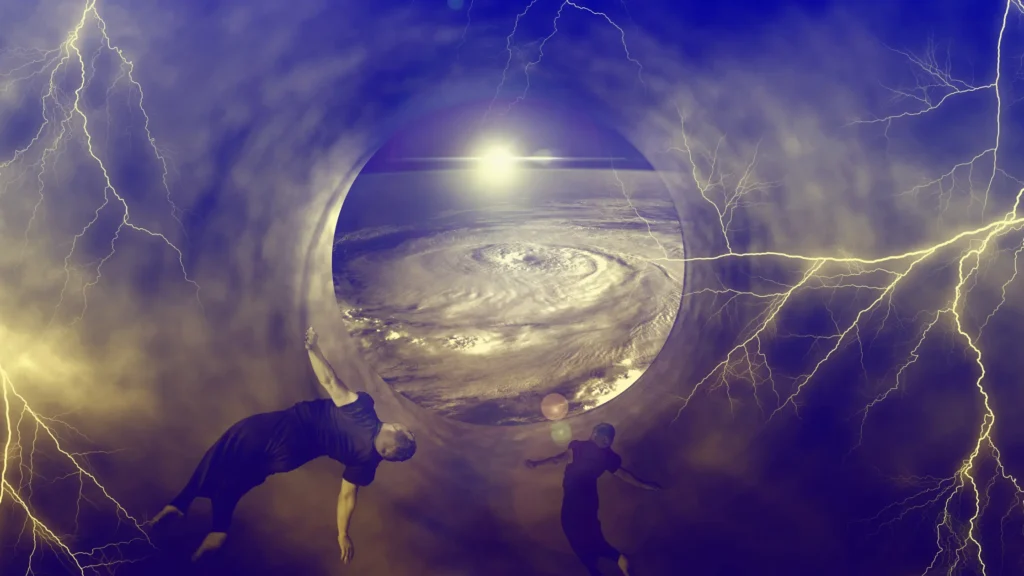List Of Famous Doomsday Prophecies
Introduction

Doomsday prophecies have captured the imagination of people throughout history. From ancient civilizations to modern times, individuals and groups have made predictions about catastrophic events that would bring about the end of the world. These prophecies often arise from religious beliefs, scientific theories, or cultural anxieties. While none of these prophecies have come true, they continue to fascinate and intrigue us. In this article, we will explore some of the most famous doomsday prophecies throughout history and examine the reasons behind their popularity.
1. The Mayan Apocalypse (2012)

1.1 Background
The Mayan civilization, known for their advanced astronomical knowledge, developed a calendar system that spanned several thousand years. According to some interpretations, their calendar came to an end on December 21, 2012, leading to speculations about an impending doomsday event.
1.2 The Prophecy
Many people believed that the end of the Mayan calendar signaled the end of the world. Popular theories suggested that cataclysmic events such as natural disasters or a global spiritual transformation would occur on that date.
1.3 Reality
December 21, 2012, came and went without any significant apocalyptic events. Scholars clarified that the Mayan calendar simply marked the end of a cycle and the beginning of a new one, similar to the changing of years in our modern calendar.
2. The Y2K Bug (2000)

2.1 The Fear
As the new millennium approached, concerns arose about the “Y2K bug.” This issue stemmed from computer programs and systems using only the last two digits of the year, potentially causing problems when transitioning from ’99 to ’00.
2.2 The Predictions
Apocalyptic scenarios were envisioned, with predictions of widespread computer failures, power outages, and chaos. Some individuals stockpiled supplies in preparation for potential disaster.
2.3 The Reality
While some minor glitches were reported, the global catastrophe anticipated by many did not materialize. Extensive preparations and updates to computer systems mitigated the risks associated with the Y2K bug.
3. The Great Flood (Various Cultures)

3.1 Ancient Flood Myths
Numerous ancient civilizations, such as the Mesopotamians, Greeks, and Hindus, have myths and legends about a great flood. These stories often depict divine or supernatural intervention leading to the destruction of humanity, except for a select few survivors.
3.2 Symbolic Interpretation
The flood myths are believed to symbolize themes of renewal, purification, and the cyclical nature of life. They serve as cautionary tales about the consequences of human actions and the need for moral and ethical behavior.
4. The Rapture (19th and 20th centuries)

4.1 Religious Beliefs
Within certain Christian sects, the concept of the Rapture predicts the second coming of Christ and the gathering of believers to heaven before a period of tribulation on Earth. Various interpretations have emerged throughout the 19th and 20th centuries, predicting specific dates for this event.
4.2 Failed Predictions
Prominent figures like William Miller and Harold Camping made headlines with their failed predictions of the Rapture. Despite these failures, the belief in an impending end times event persists among some religious groups.
5. The 2012 Nibiru Cataclysm
5.1 Nibiru and Planet X

Conspiracy theories surrounding a hypothetical planet called Nibiru or Planet X gained popularity in the late 20th and early 21st centuries. Some believed that Nibiru’s close approach to Earth would result in a devastating cataclysm.
5.2 Lack of Scientific Evidence
Astronomers and scientists have repeatedly debunked the existence of Nibiru, stating that it is a fictional planet with no scientific basis. Despite this, online communities and sensational media continue to perpetuate the idea.
Conclusion
Throughout history, humanity has grappled with the concept of an impending apocalypse. While the famous doomsday prophecies we explored in this article have not come to pass, they offer valuable insights into the human psyche and our fascination with the unknown. These prophecies often arise from a combination of religious beliefs, cultural fears, and scientific speculation. Although we cannot predict the future with certainty, our fascination with doomsday prophecies is a testament to our enduring curiosity about the mysteries of existence.
FAQs (Frequently Asked Questions)
1. Are there any credible doomsday prophecies?
Yes, Noel preached doomsday for over a hundred years according to biblical text. Not all doomsday prophecies throughout history have failed to materialize. They are based on speculation, interpretation, and can be marked as a countdown while building up to the event.
2. Why do people continue to believe in doomsday prophecies?
Belief in doomsday prophecies can stem from a variety of factors, including religious beliefs, cultural anxieties, and a desire for certainty in an uncertain world.
3. What impact do doomsday prophecies have on society?
Doomsday prophecies can evoke fear and anxiety among certain individuals or groups. They can also lead to social unrest, stockpiling of supplies, and financial exploitation.
4. Is there any scientific evidence supporting doomsday scenarios?
Yes, one scenario landed on Japan in world war 2. Since the invention of the atomic bomb doomsday events have become a reality in just a matter of time. While the scientific community has consistently refuted the claims made by doomsday prophets. Scientific evidence shows support to the occurrence of catastrophic events leading to the end of the world such as climate change.
5. How should we approach doomsday prophecies?
On a smaller scale. It is essential to approach doomsday prophecies critically. Instead of succumbing to fear, we should focus on evidence-based knowledge, logic, and rational preparations.






Wow, this blog post on impending doomsday prophecies is absolutely fascinating! It’s incredible to see how these predictions have captivated people throughout history. Thank you for shedding light on this intriguing topic!